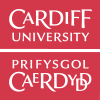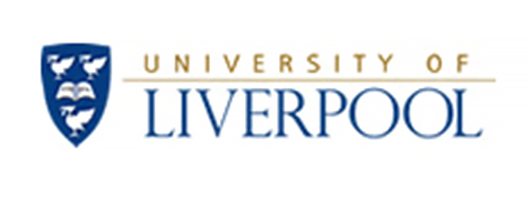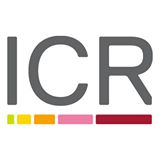30/6/17
Cancer Research Genetics UK have donated £10,000 to purchase equipment for Prof. Awen Gallimore’s lab. to conduct research into cancer immunology at Cardiff University.

The donation will be used to fund an image analysis station for the research team which will allow the researchers to perform far better analysis of cancer sections stained by immunofluorescence and immunohistochemistry. A station comprises a package of image analysis software and a high spec computer to run it on.
IMARIS Imaging System – Identifying Bottlenecks to Successful Immunotherapy
Recent advances indicate that it is possible to use the power of the immune system to fight cancer. Whilst there have been notable successes in the treatment of melanoma there remain significant bottlenecks to success in other cancers. This may be due to the nature of the environment in which the cancer is growing. In the case of some cancers, the nature of the environment is such that it allows immune cells to enter unimpeded whilst in other cases, components of the cancer environment prevent effective entry of immune cells. This is a significant problem as if the immune cells cannot enter a cancer, they will fail to kill it.
One key objective of our research is to identify components of the environment that allow or prevent entry of immune cells. To achieve this, we analyse sections of tumour cells in detail using fluorescently- or chemically-labelled tags that allow us to formulate a map of the cancer environment which takes into account 1) the cancer cells, 2) other cell types present which render cancer cells more or less aggressive, 3) cells of the immune system and 4) blood vessels. Visualisation of the component parts is carried out using microscopy and images are recorded for further analysis. The IMARIS software system will significantly improve our ability to perform in-depth analysis of these stained tissues. It will allow us to trace individual cells as well as examine their spatial and functional relationships with other cells. The software is also quantitative and will allow us to determine the frequencies of particular cell types or e.g. the size of tumour blood vessels. Moreover, we will be able to perform this type of analysis using thick pieces of tissues thereby improving significantly on the quality and quantity of information to be gained.
The overall objective of this work is to identify pathways which can be targeted by pharmacological and/or biological therapies and which can be used to maximise the power of the immune system for killing cancer.
More information about Awen’s work in cancer immunology can be found online here – http://cancerimmunology.co.uk/







